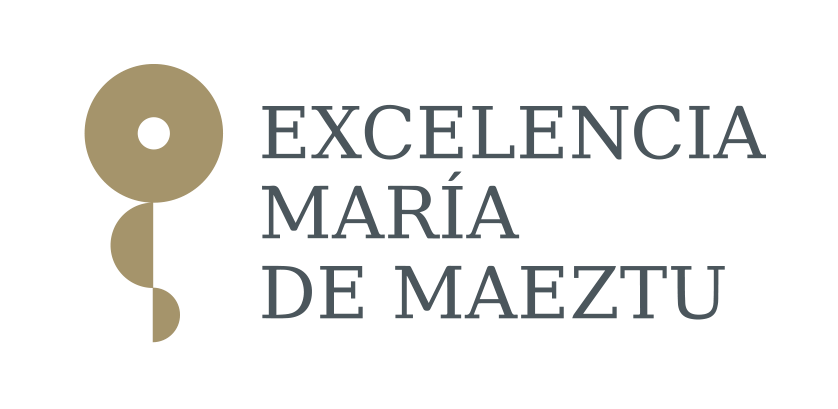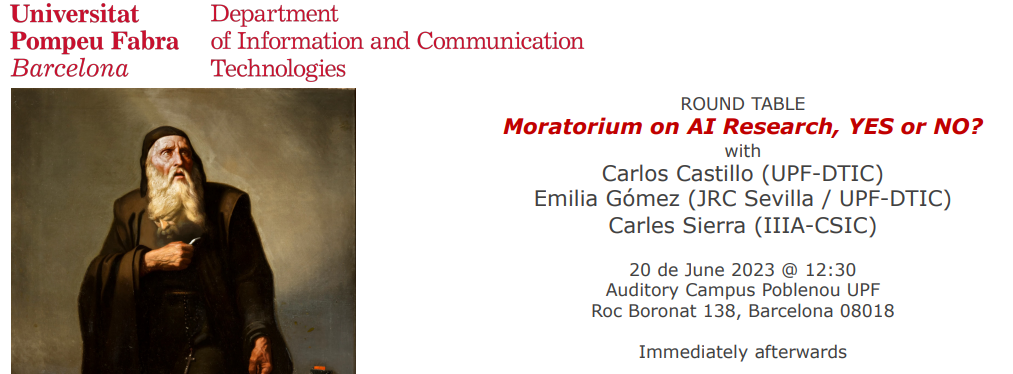The second Maria de Maeztu Strategic Research Program (CEX2021-001195-M) of the Department of Information and Communication Technologies (DTIC) takes place between 2023 and 2026. The website for this program is under construction. You can find some details in this news.
The first María de Maeztu Strategic Research Program (MDM-2015-0502) took place between January 2016 and June 2020. It was focused on data-driven knowledge extraction, boosting synergistic research initiatives across our different research areas.
Department of Information and Communication Technologies, UPF
Grant CEX2021-001195-M funded by MCIN/AEI /10.13039/501100011033


Department of Information and Communication Technologies, UPF
- Àngel Lozano - Scientific director
- Aurelio Ruiz - Program management




